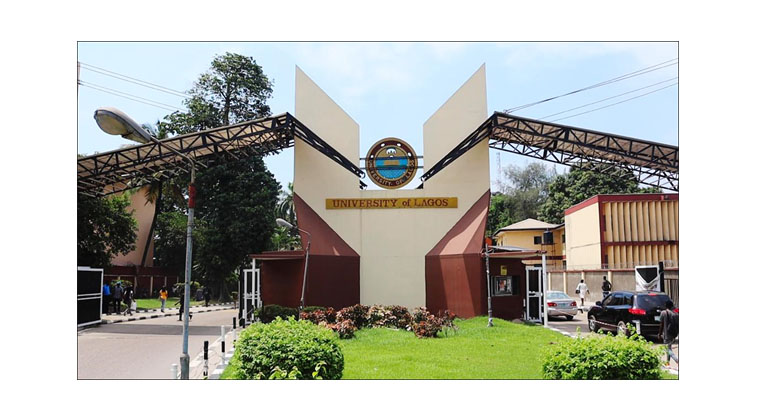Colleges of Education in Nigeria form the backbone of shaping the future of education in the country. These institutions are dedicated to training and producing competent teachers for primary and secondary schools, ensuring that educational standards are maintained and improved.
The concept of formal teacher training in Nigeria (now known as colleges of education) dates back to the colonial era when the need for educated individuals to facilitate learning became apparent. The earliest form of teacher training was initiated by missionary societies, such as the Church Missionary Society (CMS) and the Roman Catholic Missiowhichwho established schools primarily to train catechists and elementary school teachers.
The first government-run teacher training institution, the Government Teacher Training College, was established in Lagos in 1896. This move marked the beginning of formalised teacher education under colonial administration, aiming to provide a structured approach to training teachers who would serve in the expanding network of primary schools across the colony.
After Nigeria gained independence in 1960, there was a significant push towards expanding and improving the education sector. Recognising the critical need for well-trained teachers, both federal and state governments embarked on establishing Colleges of Education across the country. The National Certificate in Education (NCE) was introduced as the minimum qualification for teaching in primary and junior secondary schools, standardising teacher training and ensuring a consistent quality of education.
In 1989, the National Commission for Colleges of Education (NCCE) was established to regulate and oversee all Colleges of Education in Nigeria. The NCCE ensures that these institutions adhere to set standards, accredits programmes, and provides policy direction to maintain the quality and relevance of teacher education.
Initially, Colleges of Education primarily offered the NCE programme. However, with the increasing demand for higher qualifications and the need to provide a more comprehensive education, many colleges have introduced degree programmes in education, often in affiliation with universities. This expansion has enabled these institutions to produce graduates with advanced knowledge and skills, better preparing them for the complexities of modern teaching. For example, Adeyemi College of Education is affiliated with Obafemi Awolowo University, while Federal College of Education (Technical) Potiskum is affiliated with Abubakar Tafawa Balewa University, Bauchi.
As Colleges of Education began to grow, they underwent significant reforms to align with global best practices and the evolving needs of the education sector. These reforms ensure that teachers are equipped with contemporary pedagogical skills, subject matter expertise, and the ability to integrate technology into their teaching. One of the reforms introduced specialised courses such as special education and technical education, further diversifying the training offered by these colleges.
Despite the significant strides made, Colleges of Education in Nigeria face numerous challenges that hinder their optimal performance and impact. Insufficient funding is a persistent problem for many Colleges of Education, as with other educational sectors in Nigeria. Limited financial resources have a profound impact on various aspects of these institutions. Funding is the foundation of all other challenges faced by any college of education. For instance, inadequate funding makes it difficult to develop infrastructure and procure necessary teaching and learning materials. The need for better funding and resource allocation cannot be overstated, as it directly affects the quality of education provided.
Colleges of Education are instrumental in producing the bulk of Nigeria’s teaching workforce. They provide comprehensive training that equips future teachers with the necessary pedagogical skills, subject knowledge, and practical experience required to excel in the classroom. Before graduation, students in colleges of education undergo hands-on training through teaching practice sessions, ensuring that graduates are well-prepared to handle real-world teaching scenarios. The impact of Colleges of Education on the Nigerian education system is profound. By supplying qualified teachers, these institutions play a crucial role in maintaining and improving educational standards across primary and secondary schools. Their graduates contribute significantly to the nation’s literacy and educational attainment levels, driving socio-economic development.
Colleges of Education in Nigeria are fundamental to the country’s educational system, serving as the primary institutions for training and developing competent teachers. The future of Colleges of Education in Nigeria will undoubtedly involve greater integration of technology into teaching and learning processes. With continued investment from the government, policy support, and a focus on modernising teaching practices, Colleges of Education in Nigeria can continue to produce highly skilled educators who will contribute to the nation’s socio-economic development and global competitiveness.











